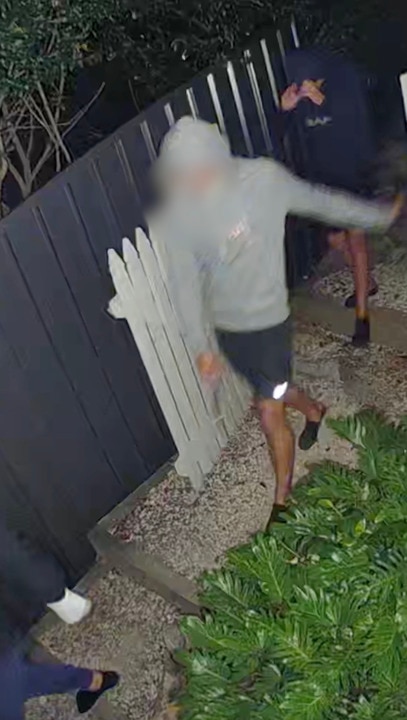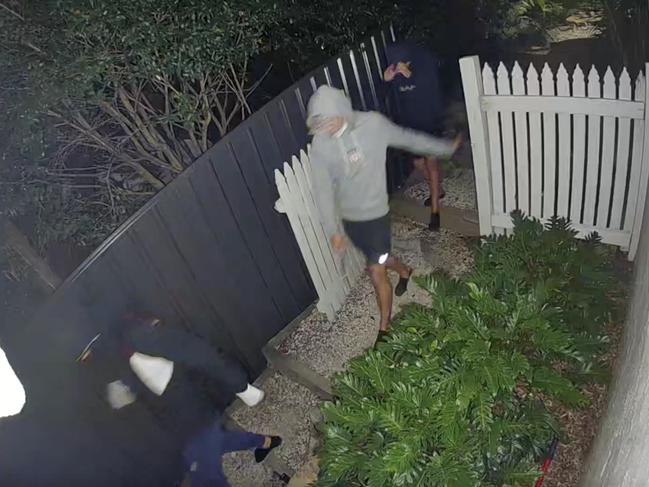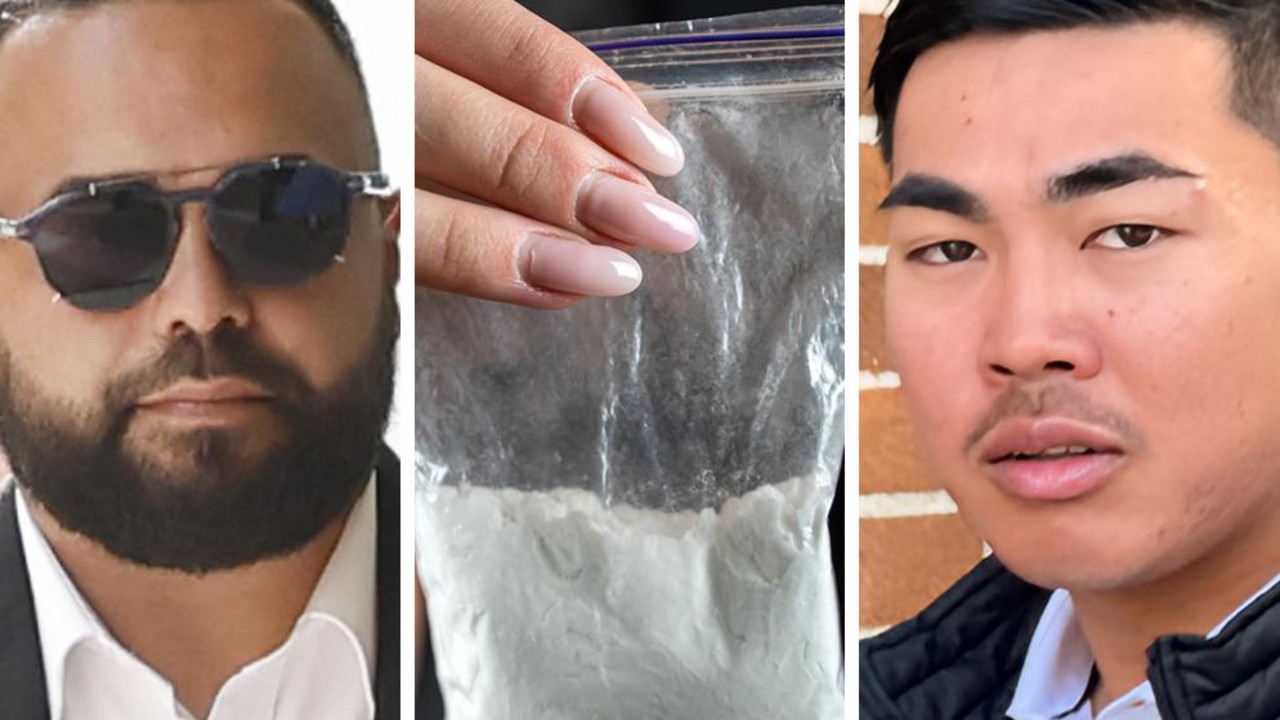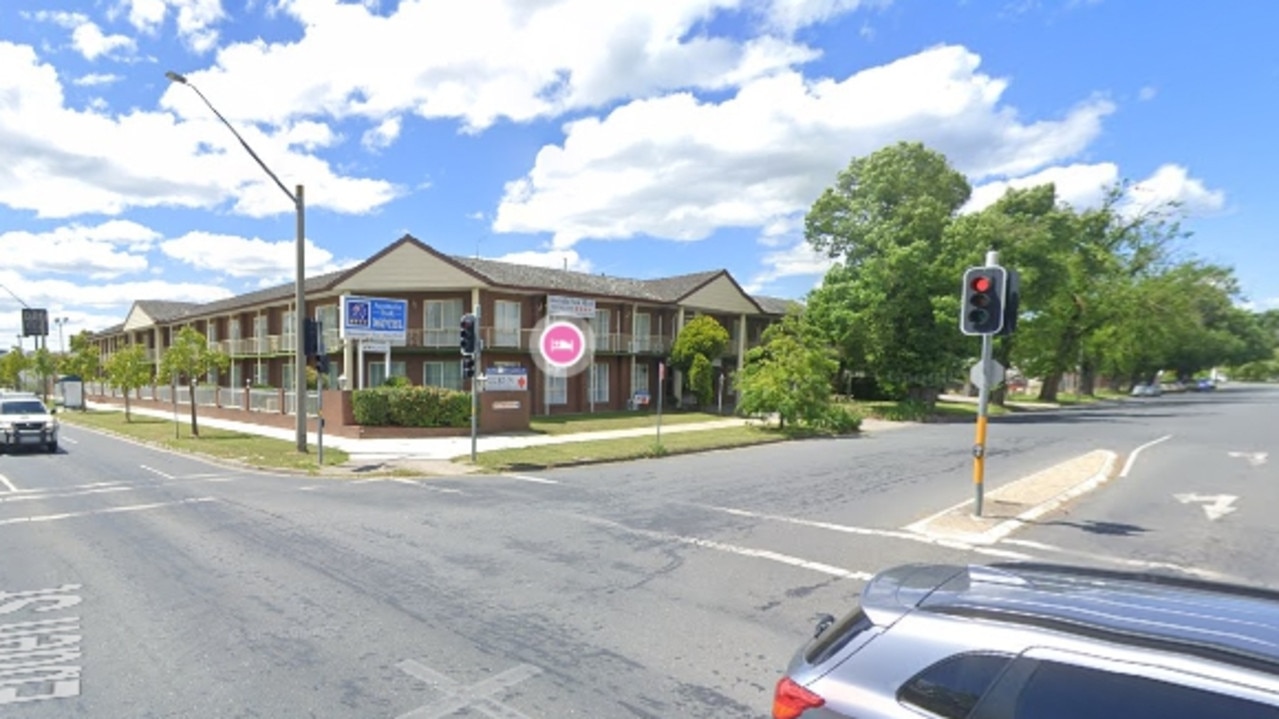100 run-ins with cops at 14: Why junior thug was set free
Before Harry had turned 14, he had more than 100 interactions with police on his record, faced court on four different sets of charges, was given five cautions and served time on remand in juvenile detention.

Police & Courts
Don't miss out on the headlines from Police & Courts. Followed categories will be added to My News.
Before *Harry had turned 14, he had more than 100 interactions with police on his record, faced court on four different sets of charges, was given five cautions and served time on remand in juvenile detention.
And this week – despite police alleging he reached speeds of 140km/h in a stolen car on a residential street, hindered police and posted and boasted about his crimes online – his charges were dismissed under doli incapax.
It’s the law that means a child between 10 and 14 is a presumed doli incapax – or incapable of crime – with the police given the tough task of proving they knew what they allegedly did was morally wrong.
Harry’s latest court appearance on Tuesday paints a grim picture of why some kids are let back out on the streets despite facing serious charges.
A recent Bureau of Crime Statistics and Research study, revealed: “While we are not able to determine how often the doli incapax rebuttal is successfully argued in the NSW Children’s Court, the high proportion of matters being withdrawn by the prosecution and the low rate of conviction suggests the presumption of doli incapax plays a key role in determining the outcome for young people aged under 14 at the time of the offence who are proceeded against to court.”

When Harry faced court again this week, he had been bail-refused and living in juvenile detention on remand. The court heard his alleged offending was so bad his mum had lost track of whether he was on bail or not at the time of the most recent theft, and attended just one day of school last year.
But with Magistrate Paul Hayes dismissing the charges, he was free to go home.
His release contrasted with Mr Hayes’ views when refusing his bail after his arrest earlier this year, concerned that if he did release him, he would offend yet again.
“I was concerned that you would endanger the safety of victims, individuals, and the community,” he said.
“This is mainly because these matters at court are serious and you have a long history of really serious criminal charges, though none proven.”
Mr Hayes however pointed out that with the charges dismissed, Harry would be unable to seek help from Youth Justice programs and supports.
“Children under 14 (usually) never get to be supervised by Youth Justice no matter how many times a child is charged because offences are seemingly mostly not proved,” he said.
“The greater the need for intervention, the less likely there will be intervention.”
And with Harry celebrating his 14th birthday while on remand awaiting court – and now no longer eligible for the doli incapax defence – he was issued a stern piece of advice from Mr Hayes: “I have seen children who have had serious matters dismissed. Then at 14, they commit other offences and are held criminally responsible. Some of those offences are dangerous to themselves and to the community.”
*Harry is a pseudonym as the media is prevented from naming young offenders



